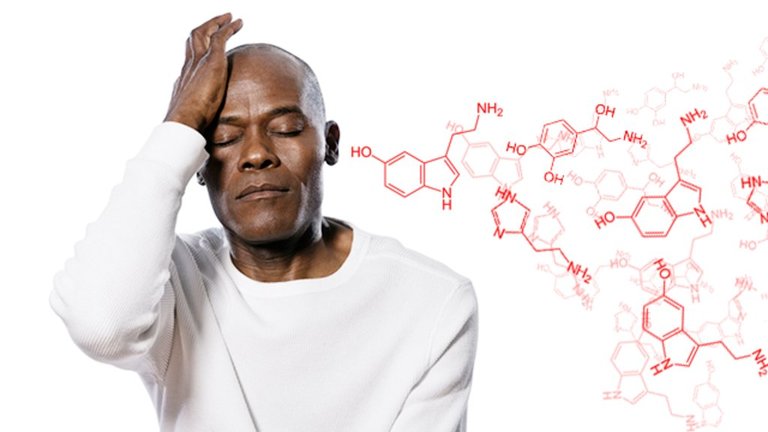
I came across a friend's post after the tragic death of the famous singer of Linkin Park: Depression is not something to be overlooked. It makes no discrimination between the rich and the poor. It is a serious debilitating condition which as we can see can lead to thousands of suicides every year. Most people remain untreated because they fear of being stigmatized and they suffer alone. You need to come out. Speak up. You don't have to suffer alone.
Actually, I know of no one who has not made any complains about feeling depressed at one point in their lives. Most of the people I know take or took meds to battle this condition. They just do not disclose this information that easily. Well, if you take a closer look in many forums discussing psychology, health and psychiatry where people talking about their experiences you will clearly see that the number of people who takes something prescribed might be greater than those who don't. If you haven't took one you are in the lucky minority.
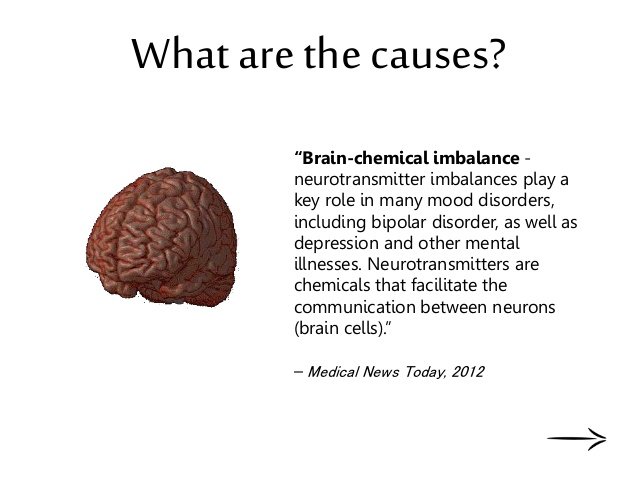
That particular friend of mine after some discussion he told me: 'I have a low serotonin problem. I am treating though'. My initial startle was more like: 'Ok and how do you know that? Did you... check your serotonin?' And if you have low serotonin, then what's normal serotonin like? Who can point-out a level of serotonin and say this is normal for every individual person on on planet? What is the correct balance if you are im-balanced? It amazes me how even people who are highly educated make such unfounded, unsound and controversial claims and rush into conclusions without even taking their claims with a grain of salt. Ok, what you are saying in other words is that your brain is the cause of your problems and that you are an...ill person. 'I have a problem with my brain', 'I am a sick person, can't do much about it'.
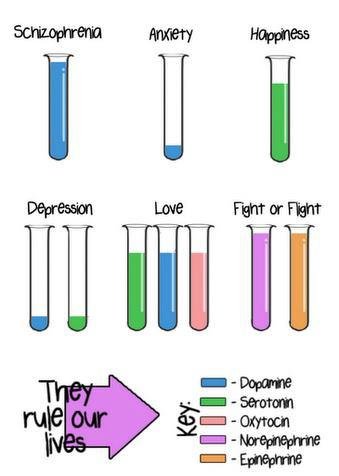
Ok, I don't know where to begin with this statement. For decades doctors and psychiatrists have been promoting the monoamine hypothesis of the chemical imbalance theory of depression. In simple words: Your neurotrasmitters are messed up, this is why you need medical intervention. In particular, the current status today is that there are three neurotrasmitters involved with depression: serotonin, norepinephrine and some scientists even include dopamine which this is why you are not getting any pleasure, any gratification in your reward centers, while some meds like benzos particularly target GABA, the inhibitoty neurotrasmitter in valium and xanax which dampens all that neuroactivity of the excitatory neurotransmitters, suppresses CNS activity and put you to sleep. This is what happens too when you take some alcohol.
There are many claims about depression which make me skeptical and I frequently question their validity. One of them is the chemical imbalance theory. Serotonin is low, therefore your mood is low. Take a pill, serotonin will go up and voila now you are happy. The same with anxiety where here is about norepinephrine (norandrenaline-andrenaline). Reuptake them and your anxiety is lessen or worsen, depending. Ok, my purpose is not to discredit entirely the chemical imbalance theory nor to discard clinical depression as a serious medical disorder that requires treatment. That would be foolish of me and dangerous. We need though to approach some popular myths and notions with caution: Its almost impossible to support that no chemical-hormonal implications are involved in depression. In other words, when I hear someone mentioning the chemical imbalance theory he is like saying: water is wet. This claim does not solve the problem of depression or mental illness. It is creating 100 more problems and it brings-up even more questions than it can answer. What do you mean by the chemical imbalance theory exactly? Are you claiming that biology is winning and that it can not be overrided by nurture/environment and this applies to 1 in a 4 individuals on this planet who are diagnosed with a depression or some form of mental illness? It seems more like evolution going bad.
Just because scientists find links between serotonin and mood, serotonin and sleep architecture, cortisol and stress or somatostatin and cancer this barely resolves any question. How can't there NOT be a link between brain physiology and mental states or mental illnessess? You will find correlates between serotonin and sleeping, serotonin and dreaming, serotonin and urine secrection, serotonin and constipation. There are links to everything and anything. This is why your homeostasis is so messed-up once you pop that pill down. Everything changes, from your mood to your sex-drive, your appetite, even your skin colour, your eye-vision, your reflexes, your movement, well, everything. Serotonin can be linked to a myriad of functions in the human body. Just have a look at the table with all the effects and especially all the side-effects of any psychiatric medication. And this is all there is to it when someone brings-up the chemical imbalance theory. Its like the 'God' of the gaps. When there is something unexplained people need to come-up with magic or a proposal which creates even more puzzles than it solves.
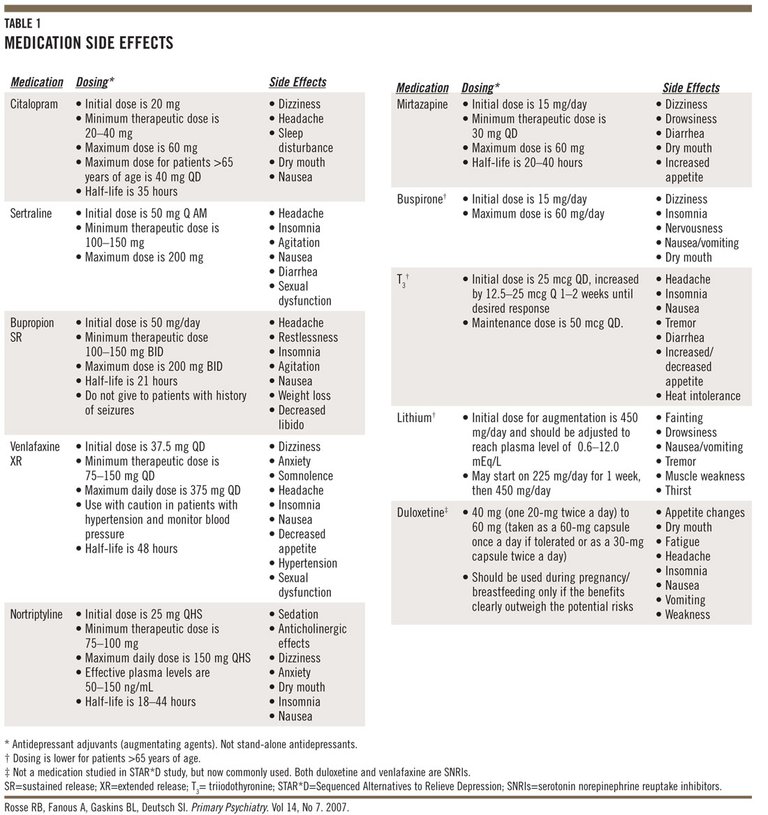
Serotonin flunctuates every time we eat fish, have some chocolate, eat turkey, or some fruit- nuts, this is why there are so many fields in science that deal with elevating your neurohormones and improving your mood based on nutrition and dieting. How to manage your serotonin levels naturally without the need for the toxic side-effects of anti-depressants. The same goes with exercising, having sex, meditating, etc. We assume that neurotransmitters are flunctuating based on what we experience. Therefore, the envrionment plays with our hormones all the time. The problem with the chemical imbalance theory is biological determinism and the total discard of 'free will'. For those folks, biological factors are so strong and so outnumbered that they believe that the brain fails to respond to the environment. In plain words: you have tried exercise, yoga, swimming, socializing, masturbating, quit smoking, alcohol, moved from your miserable and noisy appartment, found a boyfriend, got laid, changed your job, undergo extensive psychoanalysis and CBT, talked to your family and friends, express your concerns, YET this has no effect on your physiology and plasticity and your feelings of depression have not subsided.
In these cases, and only then, someone begins to look for strong genetic and biological reasons such as a transporter protein is 'leaking' and cannot trasmit suffient amounts of serotonin to the brain or that the guy has issues with his thyroid. Even when it comes to finding SERT gene(s), proteins, enzymes it was never about causing depression, but merely linking them to clinical depression. This is what most people ignorant of science fail to realize. That its only about correlations, not cause and effect relationships. Importantly, when explaining mental illnesses or physical diseases its all about the chicken-or-the egg dilemma. The chemical imbalance theory fails to explain what causes what? Is serotonin deficiency the cause of depression or the effect? Even fMRI scans pointing-out different regions associated with anxiety and mood disorders still fail to answer if what they are observing is causing or reflecting an underlying mental illnesses. Does the brain cause or reflect?
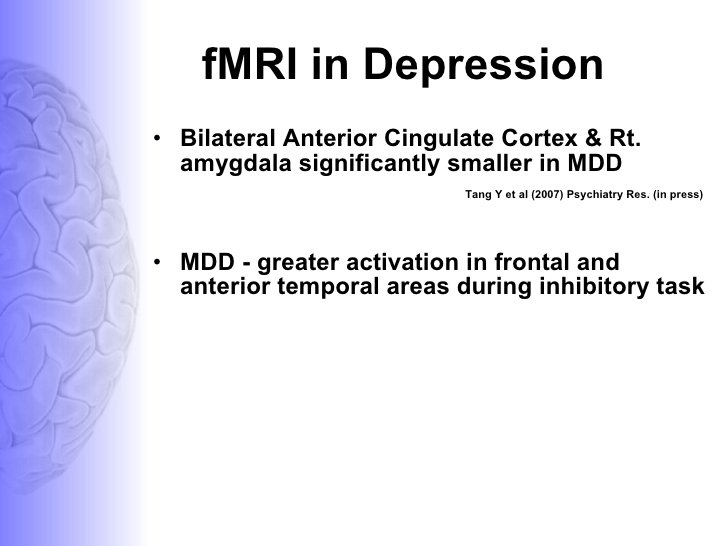
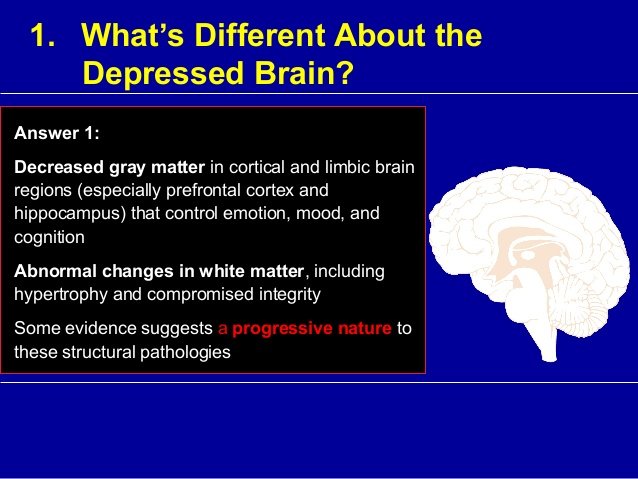
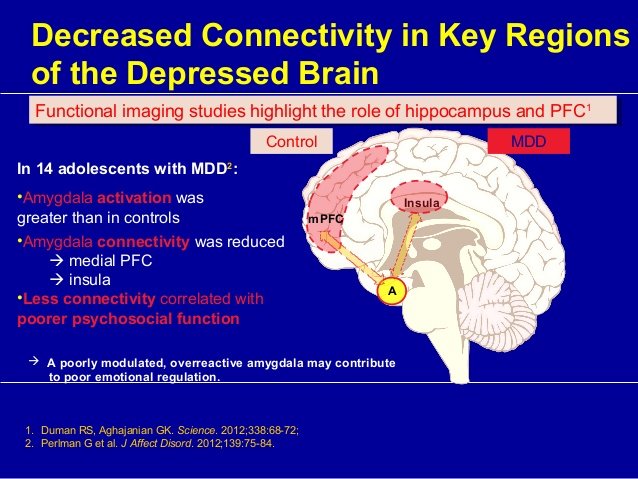
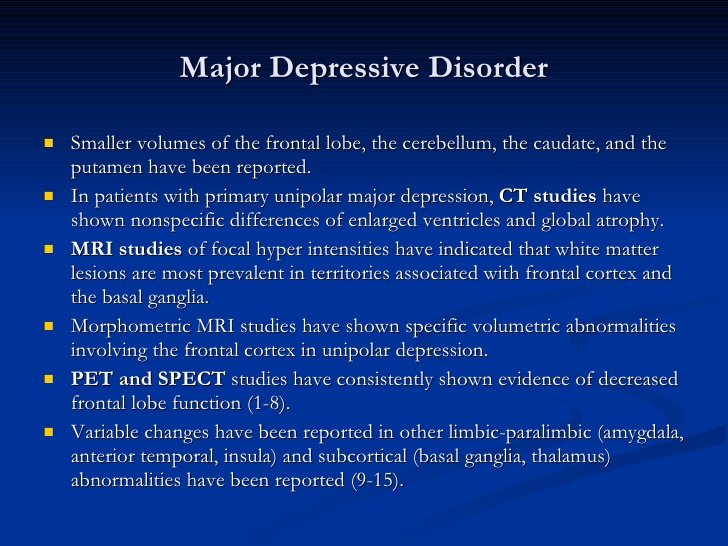
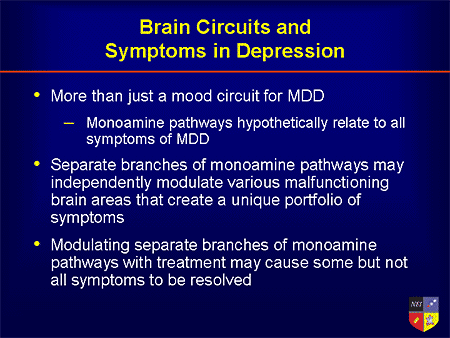
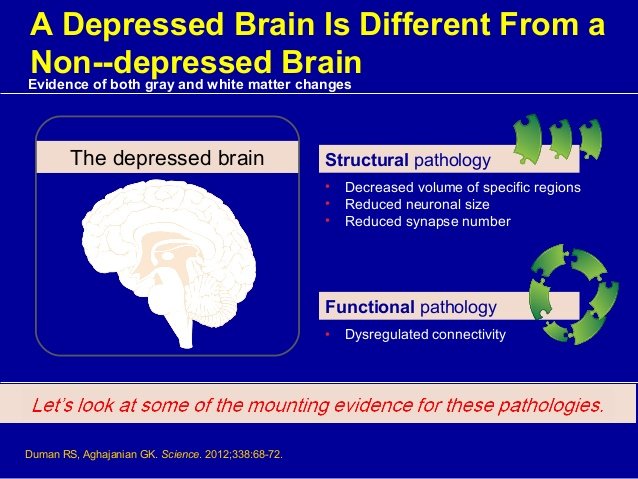
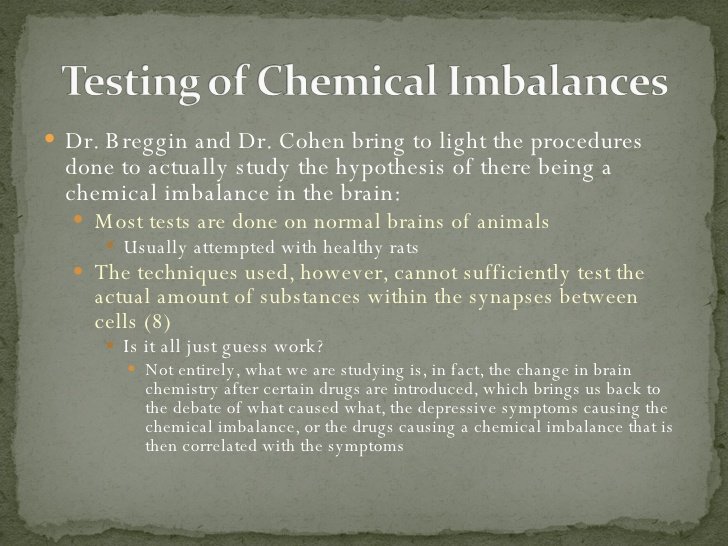
When someone is diagnosed with a mental illness, especially with no biological tests available to demonstrate it directly just like HIV or Hepatitis B, the psychiatrist merely relies on behavioral data and verbal testimonies. Depression can only be assessed via self-reports and it is very easy to get a 'yes' response when a researcher asks someone in street: Have you ever been depressed? Have you ever suffered from depression? Without an operational and clear definition everyone can be inclined to say yes even when they simply are having their blues and they are a bit down. If someone says 'yes' then the scientist assumes that there is something wrong with the guys brain structures, connectivity and function. That several brain regions are out of balance manifesting the cognitive and emotional symptoms someone's experiences. In the Diagnostic Statistical Manual of Mental Disorders (DSM) it only takes a period of two weeks for someone to be considered as a person with a brain-dysfunction and who is chemically out of balance. Only two weeks. That's the official diagnosis of a major depressive episode and I guess that this diagnosis considers people from all cultures who might understand the greving period and sorrow a bit different.
And then the the doctor infers that there is something wrong with a person's machinery. And the 'client' submits to this diagnosis. If you think about it, its no more than modern witchcraft where in the old days, mood swings were the result of possessed demons and evil entities in one's body and mind. Now these little evil spirits are called neurotransmitters where somehow, in some vague complex way based on indirect observation and anecdotes they cause someone to be ill. Similarly, its no different than practicing phrenology but now instead of skull shapes, bumps and bulges, we presume that one particular brain area, under a scanner is making someone crazy. Now, when someone is diagnosed with something she trully believes that to a point of self-verifying and fulfilling prophecies. She is labeled and she even behaves like she is supposed to as an ill person. Eventually, a person 'creates' that condition in her mind. She is that prone to suggestibility. Even other people start to treat her based on her diagnosis. Hence, at one point the 'disease' is self-created and you can even 'spot it' using fMRI scans.
I think that someone to blame his brain for his current condition, although in some cases it might be true, if you have a Down's syndrome or suffer from Tourette's, but in many cases, espeically with the depressive millenial pop-culture parading in the social media, it is a lack of responsibility for someone's actions, and it is even an approach where you are surrended to your comfort zone. It prevents you from seeking a better life. Your actions are directly linked to your illness where 'free will' has no place any more whatsoever, from some deep biological reason, a brain malfunction, a virus, an imbalance, which prevents their serotonin or dopamine levels to reach their normal peak and which are immune and irresponsive to environemntal stimuli such as a significant change in someone's lifestyle which gradually will reduce their mental suffering and now all that is left is getting your dope via toxic pills. NOTE: I will deal with psychiatric medication in a different post.
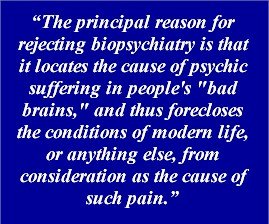
Apart from some resistant cases of depression where clearly medication is the only option both for the safety of the sufferer and the others around him and where no 'environmental' intervention seems to work, most cases of depression, I would classify them as pseudo-depression. Are you telling me that 1/4 of the human population has an 'abnormal' chemical machnery and it needs to balance them via further chemical substances? Our world is so politically correct that we treat sadness and grief as a foreign evil that should be wiped-out as soon as possible. Modern societies are allergic to sadness and they see it as something distinct from human experience. Modern society discourages sadness. Sadness does not make the economy run or people to work and produce. So, as soon as it appears it is considered as abnormal that should it be treated right way. Therefore, we have a massive over-diagnosis of people who might be absolutely fine and they are passing a period of natural grief. Imagine the depression statistics if people accepted sadness as part of the human experience and If sadness was not so much discouraged and replaced with fake smiles and pleasant personalities.
Great work -> great post!
Upvote & follow You!
All right, I'll try it. Thanks :)
@deazydee
click here!This post received a 3.8% upvote from @randowhale thanks to @varnavas! For more information,